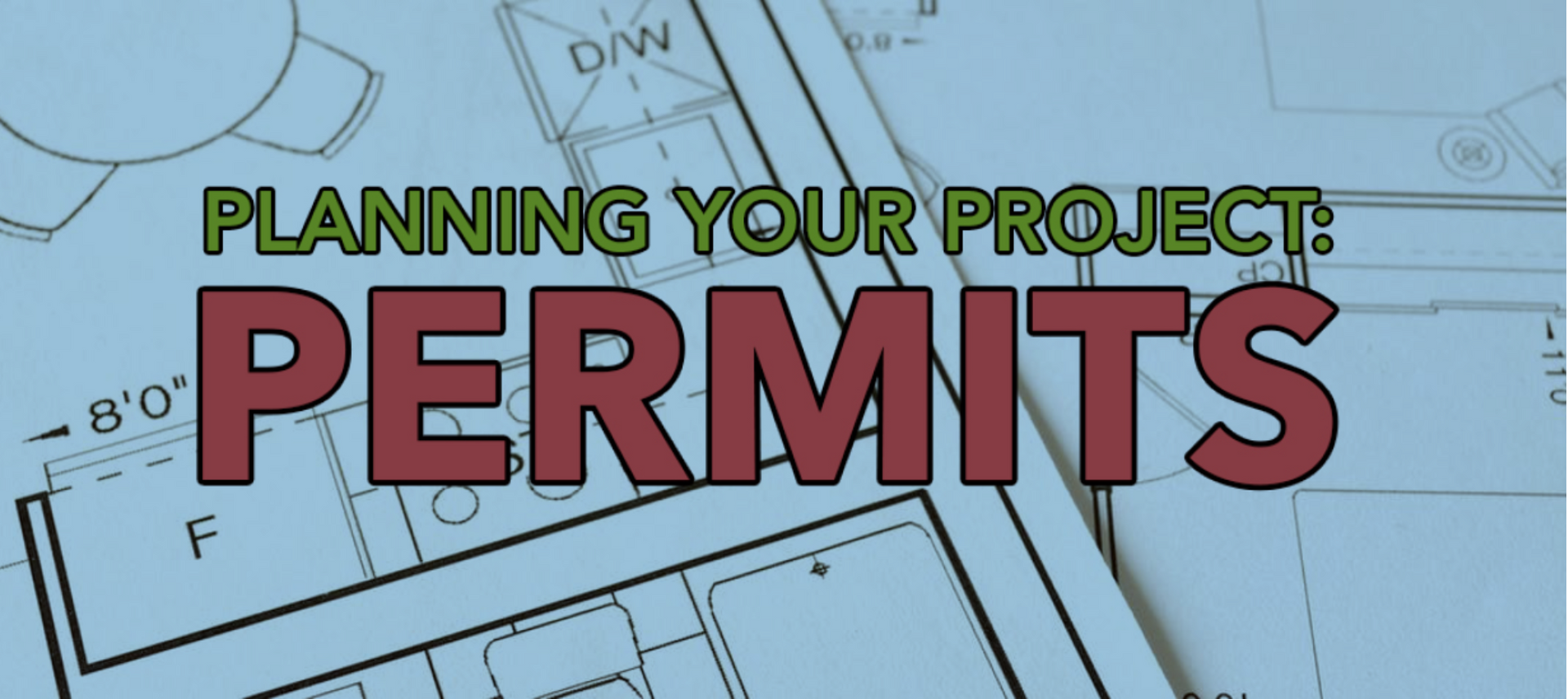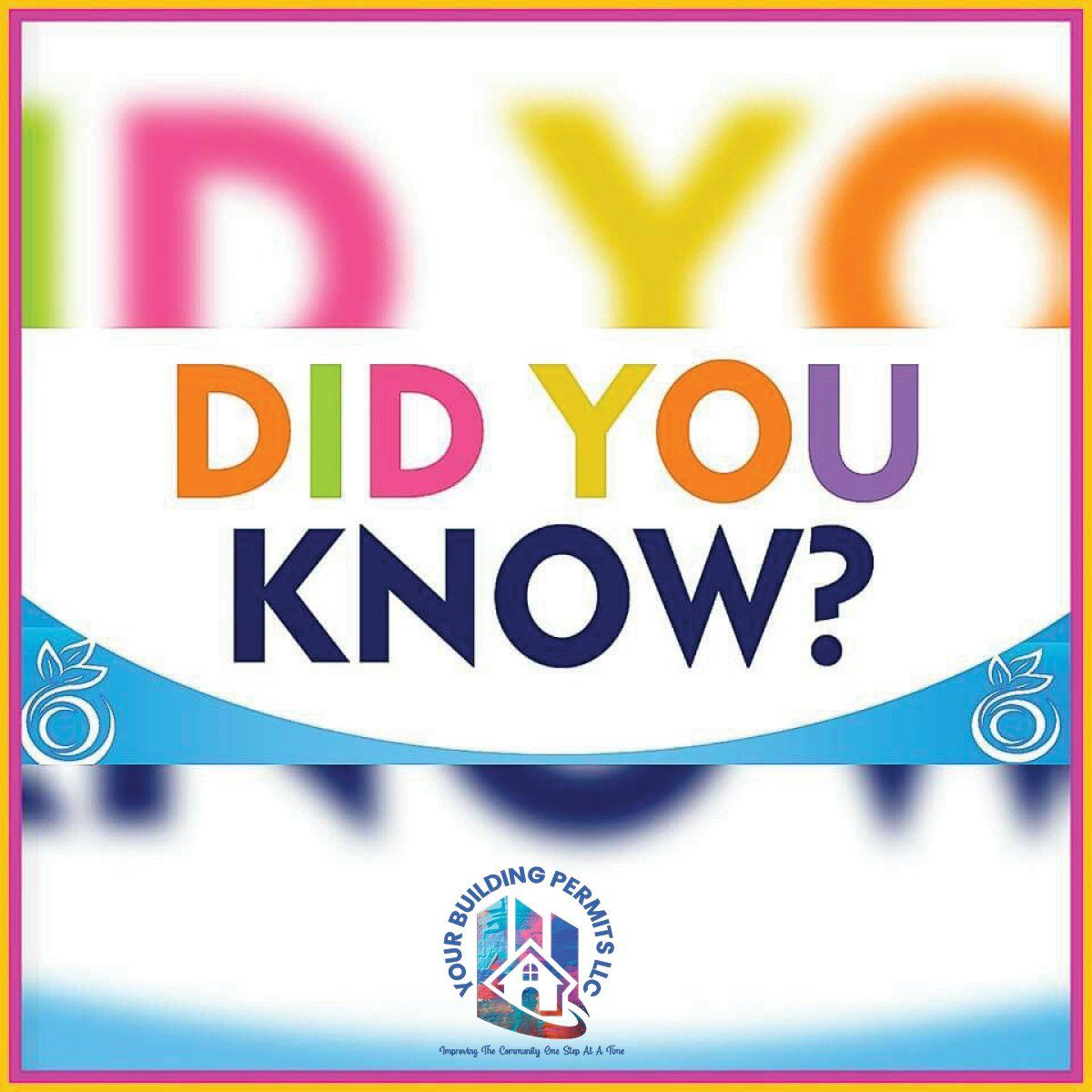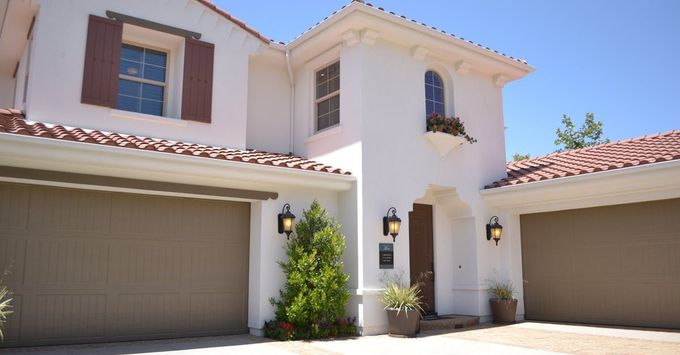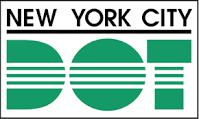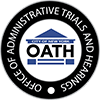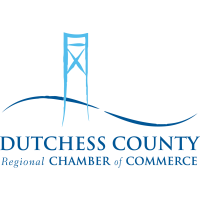Expert Building Permit and Compliance Services for Homeowners
Welcome to Hudson Valley Permits.
Hudson Valley Permits was founded during the 2020 pandemic, to provide homeowners access to industry experts with over 25 years of experience working with various municipal agencies at affordable prices. We have the know-how to simplify the tedious process for a project.
We offer a full range of services to property managers, homeowners, architects, engineers, licensed plumbers and general contractors.
Let's get started on your upcoming project
START A PROJECT →Beyond the Briefcase
Watch guest co-host Angel Mary and panelists Brianna Cataldo and Helen Perez on "Beyond the Briefcase," alongside co-hosts Sherry Knight and A. Barbara Ellison. This engaging discussion offers invaluable insights drawn from our personal and professional experiences, all aimed at inspiring your growth and success. Watch now as we share transformative strategies to enhance your life and elevate your business prosperity.
What is permit expediting?
Permit expediting can simplify the often complex and time-consuming process of obtaining permits for your home projects. At Hudson Valley Permits, we understand how overwhelming and stressful it can be to navigate the permit process on your own. Whether you're planning a home renovation, adding an extension, or building a new home, our experienced team is here to take care of every detail.
Our veteran project managers have extensive knowledge of the residential permit process, ensuring a smooth and hassle-free experience. Let us handle the paperwork and logistics, so you can focus on bringing your vision to life without any delays or headaches.
Over 25 years of experience working on your behalf.
Code
Consulting
Let our expert staff take on the administrative part of preparing a building application and submit architectural drawings for reviews.
Violations
Remediation
Let us evaluate your violations before you take action! Many violations can be taken care of easily, while others may take additional time and money
Special
Inspections
Inspections
We have partnered with several Class 2 special inspection agencies that execute and oversee all TR-1 and TR-8 special inspection work on construction projects in New York.
Testimonials
Enormous thanks to Bri for not only resolving my permit issue but also educating me on the permitting process. Six years after having my HVAC system installed, I discovered an open permit because the contractor failed to schedule an inspection. HV Permits stepped in, explained the situation clearly, and took swift action to close out the permit. Their expertise and dedication not only resolved the issue but also empowered me with knowledge for future projects. Highly recommend their services to anyone navigating the complexities of permits and inspections!
JoAnn Bartlett,
Homeowner
Working with Hudson Valley Permits was an absolute game-changer for our clients. They swiftly resolved a tricky violation issue that was hindering the sale of our client's property. Thanks to their expertise and dedication, the transaction moved forward smoothly, and our clients were delighted. Highly recommended for their invaluable assistance in navigating complex real estate challenges!
Vik Aast,
Sotheby's International Realty
Massive shoutout to HV Permits for their exceptional research at the Department of Buildings regarding our client's property. They went above and beyond to resolve the Certificate of Occupancy issue, which was holding up the sale. Their thoroughness and expertise were instrumental in ensuring a successful transaction. Highly impressed and grateful for their invaluable support!
Tom Cohen,
Real Estate Attorney
I can't express enough gratitude to Brianna for her lifesaving assistance! Our house sale was unexpectedly put on hold due to an unresolved permit issue for our back deck. Thankfully, she stepped in and swiftly resolved the permit, ensuring the sale could proceed without a hitch. Her professionalism and efficiency turned a potential nightmare into a smooth transaction. Forever thankful for their expertise and prompt action!
Sherri Pinneo,
Highland, NY
Highly recommend Hudson Valley Permits for their exceptional permit assistance. They handled everything seamlessly, from documentation to approvals. A job well done!
Carmen Cruz,
Homeowner
Recent News
